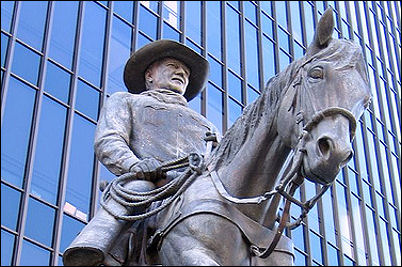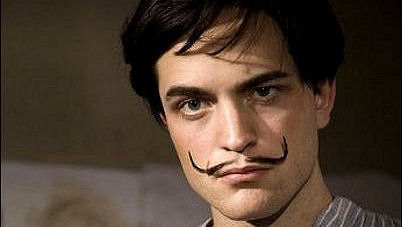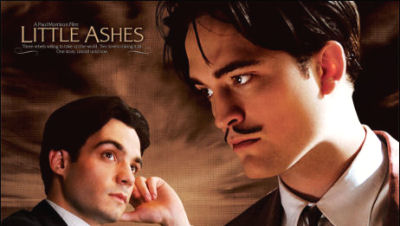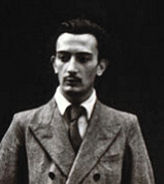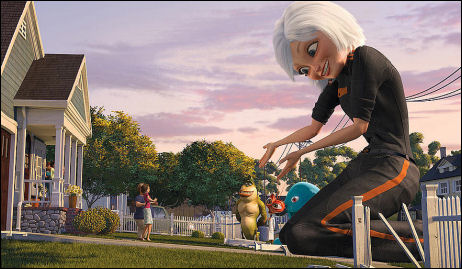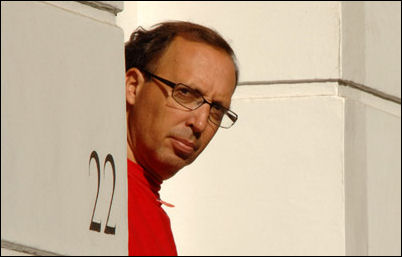Eight days of play and Tony Gilroy‘s Duplicity, by any measure an above-average, extremely satisfying film on the terms that it lays out and works with, did $2.3 million yesterday, and will probably end up with $6 million and change by Sunday night. That’s a greater-than-50% drop from its opening weekend tally of $13,965,110, which wasn’t that great to begin with. Which basically means over and out.
Gilroy’s Michael Clayton cost about $26 million to make, and took in $92,991,835 worldwide not counting DVD and whatnot. Duplicity was much pricier — a guy in a position to know told me $80 million, give or take — and will probably finish with less than half of Clayton‘s take, ancillaries aside.
I’m sorry. Life is unfair. Gilroy did as good a job as anyone could have with a sophisticated corporate-suspense brain teaser such as this. And it certainly got the reviews. But Julia Roberts is over and that’s the bottom line. Both my kids, 19 and 20, have told me they don’t like her at all. Even my ex-wife says she doesn’t harbor any affinity. J.R. still has plenty of juice as a feisty lead or character actress as long as she drops her price sufficiently. She had her run. She’s worth $400 million or thereabouts. She’ll obviously be fine.

